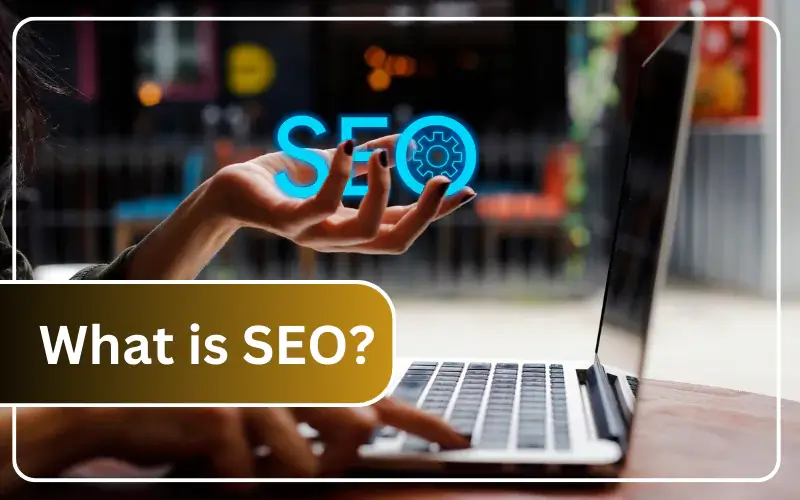What is SEO

With SEO, you can get users to buy your product, use your service, or get information on a specific topic.
To increase the visibility of your company or service, we maintain a blog and perform SEO for it in order to be found and clicked by visitors. Finally, the goal of search engine optimization is to attract website visitors who will become customers, clients, or an audience that will return regularly.
We have three main topics in SEO that we will cover now.
- 1. On-page SEO
- 2. Technical SEO
- 3. Off-page SEO
Onpage SEO:
To determine whether a page matches a user's search intent, all search engines require keywords and other on-page SEO elements.
And if the page is good and useful to the visitor, Google will serve it to them.
To improve results, Google pays more attention to on-page SEO signals.
Although Google's algorithm is constantly changing, most users have a positive experience. Google suggests concentrating on "people-first content."
Some on-page SEO techniques to follow for better results:
Below are some techniques to follow for your blog website
1. Create unique, useful content.
2. Effectively place target keywords
3. Create keyword-rich title tags
4. Clickable meta descriptions
5. Optimize URLs by using headings and subheadings to structure your page.
6. Include internal links.
7. Include external links
8. Image inclusion and optimization
Technical SEO:
Technical SEO refers to a variety of aspects that affect your website's performance on search engine result pages (SERPs). Understanding and adopting technical SEO best practices, like website speed and crawlability, can have a big impact on your website's ranks and overall organic traffic.
1. Website Structure and Navigation
2. Mobile-Friendliness and Responsive Design
3. Page Speed and Performance Optimization
4. URL Structure and Canonicalization
5. Schema Markup and Structured Data
6. XML Sitemap and Robots.txt Optimization
7. SSL Certificate and HTTPS Protocol
Offpage SEO:
While on-page SEO provides the framework for your website's search engine visibility, off-page SEO is critical in increasing your site's authority, trustworthiness, and relevance in the eyes of search engines. Off-page SEO refers to a variety of operations performed outside of your website to improve its online reputation and generate quality backlinks.
1. Quality Link Building
2. Social Media Engagement
3. Online Reputation Management
4. Content Marketing and Outreach
5. Local SEO Optimization
6. Monitor and Analyze Performance
Conclusion:
To summarize, SEO (Search Engine Optimization) is the foundation of digital marketing, serving as a key approach for increasing a website's visibility and driving organic traffic from search engine result pages.
SEO improves a website's ranking in search engine algorithms by optimizing multiple components of it, including on-page features like content, keywords, and meta tags, as well as off-page ones like backlinks and social signals.
Businesses may attain higher search engine results, expand their online presence, and eventually attract more quality leads and consumers by conducting thorough research, planned implementation, and continual optimization efforts.
As search engines evolve, staying up to date on the newest SEO trends and best practices is vital for retaining competitiveness and attaining long-term success in the



